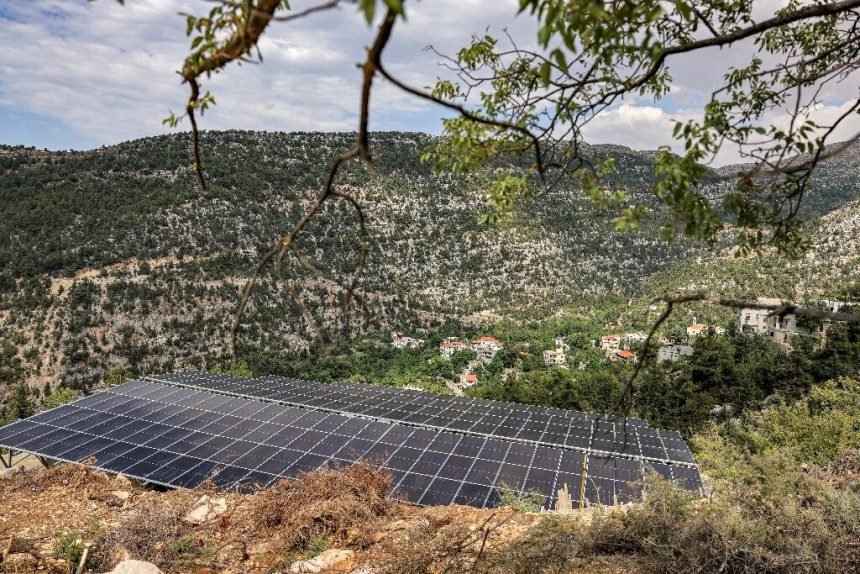On November 1, 2022, the Ministry of Energy and Water decided to increase electricity prices for the first time since the 1990s, from an average of 0.5 cents per kilowatt hour (kWh) to 10 cents per kWh for the first 100 kWhs consumed. Everything above that is to be priced at 27 cents per kWh. The motive behind the price increase is to unlock a World Bank loan that would be used to import electricity from Jordan and gas from Egypt to reach around 8-10 hours of daily power. To illustrate, EDL, the national electricity company, has only been providing Lebanon with an average of 2-3 hours of electricity per day for the past year. In mid-November, news came out that the government will use the remaining $300 million of the $1.135 billion in Special Drawing Rights (SDR) funds received from the International Monetary Fund to start importing gas and electricity.
LIMS explained that increasing electricity prices is not enough to obtain the World Bank loan. Lebanon should appoint the power sector regulatory body to allow oversight before any funding can happen. However, the Ministry of Energy and Water wants to maintain its grip over the sector without any accountability or supervision and refuses to create the regulatory body. Therefore, the ministry prefers to use SDR money instead. On the other hand, even if the funding is obtained, EDL will be unable to increase the electricity supply for a long time, as the business’ costs will much exceed its revenues, even with the price hike. EDL’s stated breakeven cost is around 30 cents per kWh. However, when technical and non-technical losses are taken into consideration, the costs amount to around 50 cents per kWh. Therefore, the new price will not be enough to foot the import bill.
LIMS argued for transferring electricity licensing to the local level. Toula, a town in the Zgharta region for instance, was able to provide its 200 households with 24 hours of electricity per day through coupling a solar farm with private generators. Privately managed by the church, the solar farm uses the microgrid of the private generator to channel electricity to households. However, during times when the area has no sunlight, private generators are only utilized. Municipalities can learn from Toula’s example, attract investors in renewable energy and facilitate its distribution through the local microgrid. This solution can help them bypass EDL and provide electricity to their households.
LIMS Media Interviews:
- Economic Expert: Solve Electricity Problem Without The Depositors’ Dollars, November 13, 2022: Lebanon Debate, Article AR
- Electricity In Lebanon Trapped Between World Bank’s Conditions And Iranian Territorial Route, November 14, 2022: Independent Arabia, Article AR
- Extra Feeding Hours, But You Won’t Be Able To Pay The Bills…And For Public Sector Employees: Say Goodbye To Your Salary Increase Soon! November 18, 2022: Lebanon On, Article AR
- Lebanon Generates Solar Energy Through Residents’ Initiatives: An Alternative Energy Source For A Lost Country, November 24, 2022: Legal Agenda, Article AR
- Exclusive On Electricity: Government Chose Easiest Way, i.e. The Rest Of The Depositors’ Money, November 27, 2022: Beirut 24, Article AR

